3rd TrafficJet printer for BB Skilti Iceland
By Matthan Evans - Oct 28, 2024
Avery Dennison Graphics Solutions
November 19, 2024
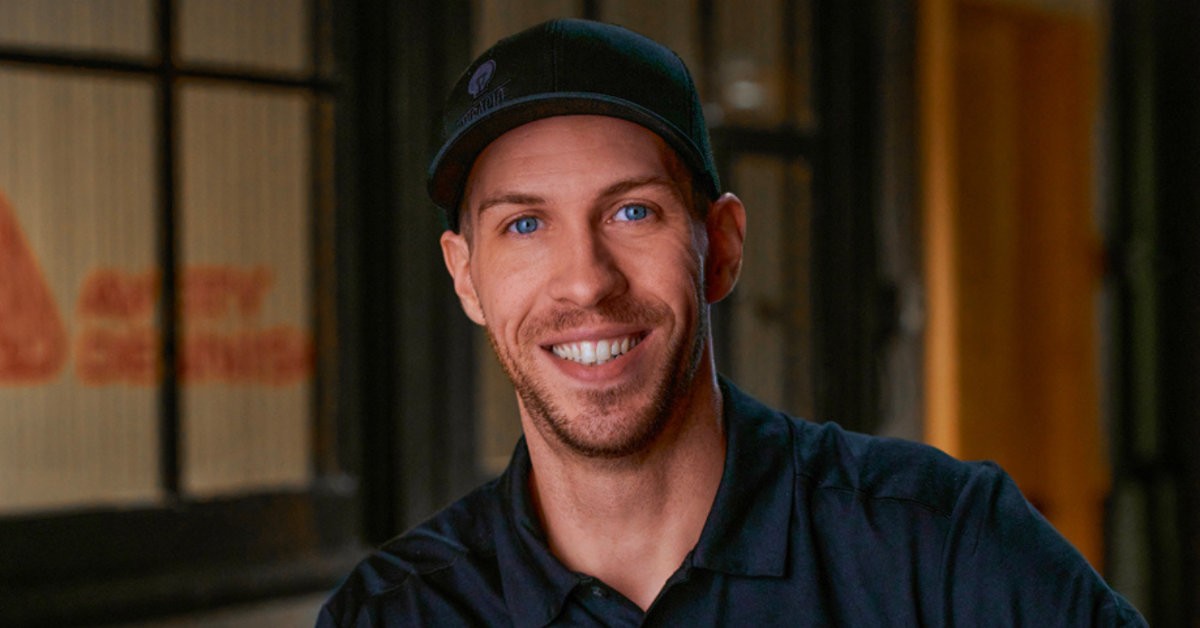
Are you looking to customize your vehicle? Or perhaps enhancing or adding detail to certain areas of your car? Regardless of the reason, if you are considering adding color change wrap films or even adding a printed design to your vehicle, you probably have a few questions about the process. Many people are overwhelmed by the costs, the variety of film options, and installation options available for color change wraps and vehicle wraps using digitally printed wrapping films.
For this reason, we sat down with Blake Madsen, founder and CEO with Brand Command Wraps in Apple Valley, MN. Blake is an Avery Dennison Digital Wrapping Film, Supreme Wrapping Film™, and Certified Wrap Installer training instructor, and has nearly 20 years of experience in the industry. You can follow Blake Madsen on Instagram at @imblakemadsen, @brand.command, and also @thewrapiqpodcast where he is a co-host.
Q: Blake, Can you explain what a car “wrap” is?
Blake: A car wrap is an adhesive backed removable film that is applied to the exterior of the car to either change the look of the vehicle or to apply advertising to the vehicle, often used for delivery trucks, sprinter vans and truck fleets.
Q: What are the advantages of a car wrap film versus having your car painted?
Blake: The main advantage of wrapping is that it's removable. So you have the ability to change the color of your vehicle throughout the years without being committed to one color or printed design. This is especially important for both personal cars or company vehicles. Wraps don’t damage the original OEM paint and ease-of-removal is important if you plan on updating the color of your car, or work for a company that needs to update its image across a fleet.
Q: In your opinion, when you think of the ways that folks can customize or personalize their car, is a car wrap something that should be considered even above and beyond upgrading stereo equipment, rims, undercarriage lighting and similar changes?
Blake: I think a custom wrap has gone up in the hierarchy of car customization. Wraps are very high on the list now, right up there with custom wheels. Because what else can we do other than a paint job? Nothing else creates such a large impact on the entire vehicle.
Q: Is it a true statement that if you were to repaint your car from the original OEM finish, you could technically devalue that car? Versus installing a printed wrap or a color change wrap you can maintain and preserve the original OEM paint, thus retaining the value of the car. Is that a true statement?
Blake: Yes, that is true. If the wrap was installed by a professional, not only should we not see any damage on the vehicle, but we should actually be protecting the OEM paint underneath it.
Q: Based on the wraps you install, what colors, patterns or styles are the most requested?
Blake: I would say if we're looking at an all-time, the most popular colors I’ve installed would be Avery Dennison Supreme Wrapping Film™ in Satin Black and Matte Black are the most popular color change film choices.
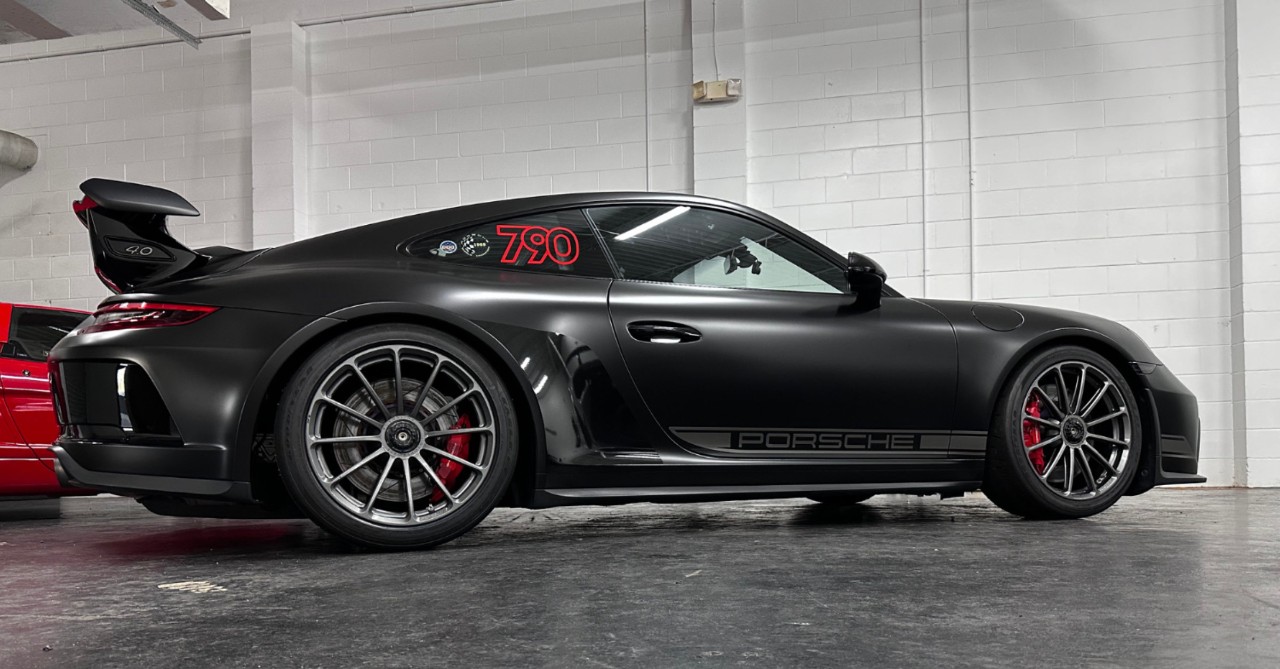
Q: When you are installing commercial printed wraps, is there a popular pattern or color scheme, for example stripes, or any other trends that are popular?
Blake: I would say with commercial wraps the current trend, which I think is a very good thing, is avoiding loading it up with information, such as long lines of text and bullet points. Commercial wraps are moving into more effective designs focused on brand recognition. This includes large logos and removing any small text or details. It comes down to the fact that the viewer only has two to three seconds to absorb what's on that vehicle as it drives by. For printed, partial and full vehicle wraps, we often turn to Avery Dennison MPI 1105 digitally printable wrapping film, along with a digital overlaminate, such as DOL 1360 Max, to protect the vehicle from UV and other elements that could damage and fade the wrap of a commercial vehicle.
Q: When wrapping a vehicle, do you have to wrap the whole vehicle or can you wrap smaller sections of it?
Blake: No, we don't have to wrap the whole thing and that's the beauty of wrap. On personal cars, oftentimes we will do just roofs or hoods or accents like mirrors and door handles. On commercial vehicles, doing partial wraps are very popular as well because we can still create effective branding for the vehicle without the expense of wrapping the entire thing.
Q: How long on average does it take to fully wrap a vehicle? Do you have any expectation guidelines?
Blake: I would say for any full wrap, two to four days. We try to have most commercial vehicles done in two days to get them back on the road. For personal vehicles, I would say four days would be more accurate.
Q: If someone comes in just looking for a partial wrap or accent wrap, would that timing be cut in half?
Blake: Oftentimes if we're talking just accents or a single panel, like a roof or a hood, that can be a same day service. So it could be dropped off in the morning and picked up by the end of the day.
Q: So when you are doing a wrap, whether it's color change or printed, do consumers or business owners specifically need to ask about the film in terms of like the door jambs and under the hood and some of the other areas? What are the expectations or guidelines for wrap placement across the vehicle?
Blake: The standard for a color change wrap is full coverage from the outside. So with all of the doors shut, you should not be able to see any of the factory paint. If the customer wants to go further than that, it’s certainly an option, but it is much more intensive to wrap the door jams and the insides of the doors. If a customer wants it [the wrap] so when you open the doors, you see no paint, that typically doubles the cost.
Q: In your opinion, what are some of the installation expectations that should be set ahead of time by the installer to the vehicle owner?
Blake: I would say a good first question would be what brand material are they using? I would ensure that the shop is using a high quality material, like the films manufactured by Avery Dennison. There are a lot of inferior films on the market that while they can look beautiful, the quality of the material itself is not up to par and the finished product looks poor.
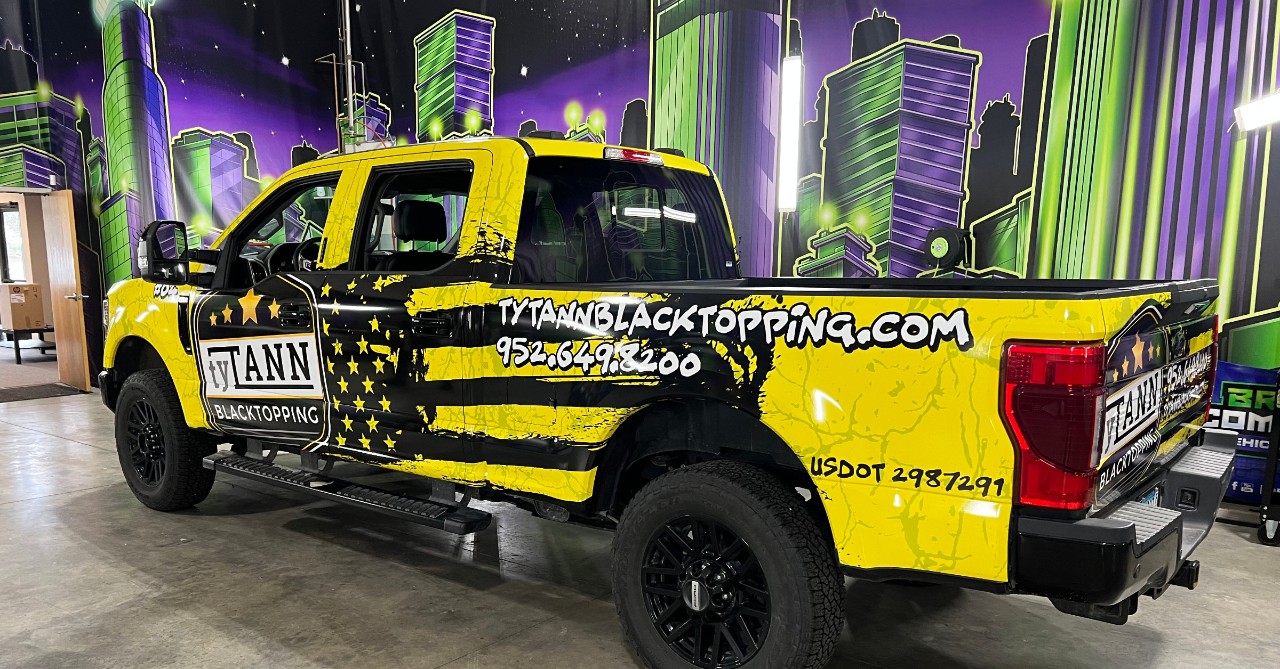
If I am the customer, I also would want to know how much of the vehicle the wrap shop is going to disassemble for the installation. The third question I would ask would be about the installation itself and where any potential seams could be located.
Q: So should car owners or vehicle owners care about the manufacturer warranties on the film and why or why not?
Blake: Yes, they should care about the manufacturer warranty because if the material breaks down or there's a manufacturing defect we want the company to stand by it.
Q: Got it. So if a customer is working with a shop, would the shop have a copy of the warranty on hand? Is that the standard, or something that vehicle owners should inquire about?
Blake: The shop should definitely have that information on hand. If not, it should be easily accessible for them to access online.
Q: Is there a typical cost range for a wrap installation?
Blake: I would say like any product, there's the cheap version, the middle version, and the expensive version. So you can find guys that'll do it at their house for $2,000. Or it can range all the way up to the most recognized wrapper in the country and you’ll pay $10,000. You also have to consider the material used. An example of this is when we install a more premium or specialized film that takes longer to install, like the Avery Dennison Conform Chrome wrap, the price is automatically two or three times that of a standard wrap film.
I would suggest not choosing installers based on price alone, but rather for quality and professionalism. Consumers should look for a straightforward process from installers where nothing is left to assumptions. Also, look for a clean, well set up shop.
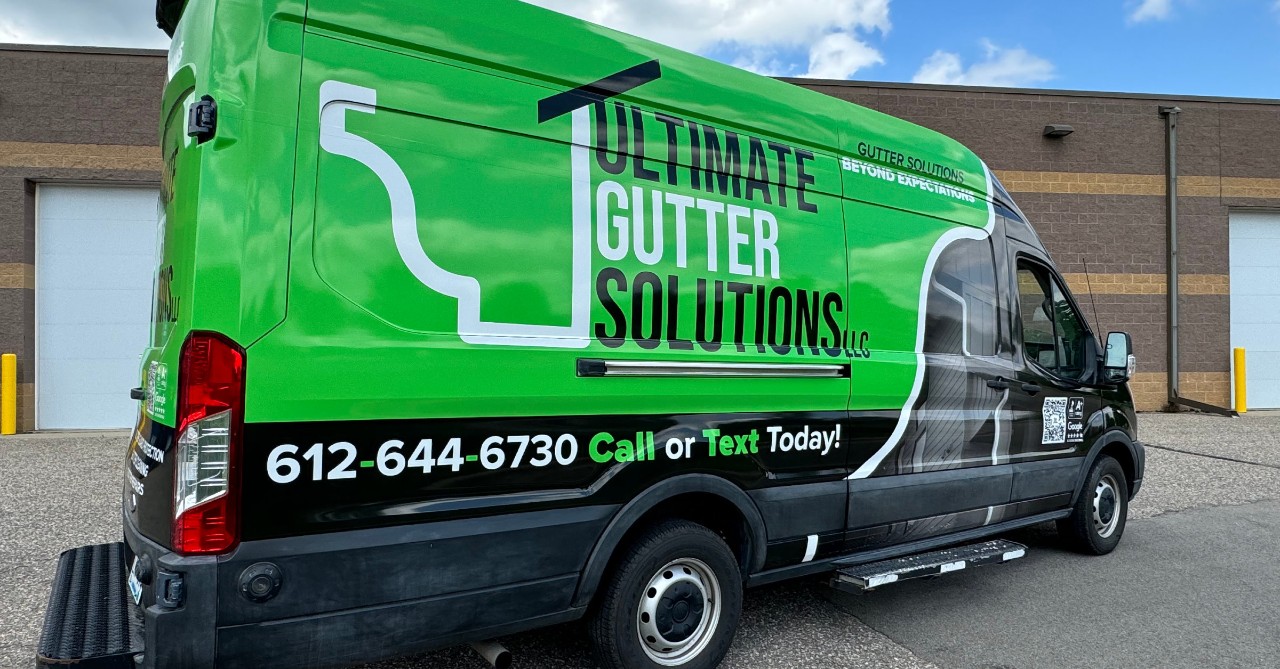
Q: How long should a wrap installation last?
Blake: It really depends on the material used and the climate that the car is in, as well as the amount of UV exposure. Where we're in Minnesota and most wraps in our Zone have a typical lifespan of three to five years, while some warranties can extend 10-12 years.
Q: How do you keep a printed wrap from fading?
Blake: Whenever we install printed graphics, we apply a clear overlaminate on top of the print, which helps with the UV protection.
Q: Do you happen to have any tips for car owners to care for their wraps to maintain its appearance and durability?
Blake: Regardless of what kind of wrap or what kind of vehicle it's on, the main thing is keeping it clean. We recommend a standard hand wash if possible, if not a touchless car wash. There are also various aftercare products that can be applied on top of the wrap that will help keep it clean for longer. Shops that install Avery Dennison wrap films include a complementary mirror tag from the manufacturer that gives car owners recommended cleaning guidelines.
Q: Out of curiosity, do wrap shops offer warranties on their work?
Blake: They should. I would find out if they have a separate warranty period for the installation versus the material degrading. Most of the time if there is a failure with a vehicle wrap, it's not the material, it's the installation.
Q: One final, fun question: What is your favorite film?
Blake: Well, that one's a very easy question for me. If I'm doing Color Changes, it's Avery Dennison® Supreme Wrapping Film™. And on the printed or commercial side, I prefer the Avery Dennison MPI 1105 Easy Apply™ RS. They are the easiest films to work with.
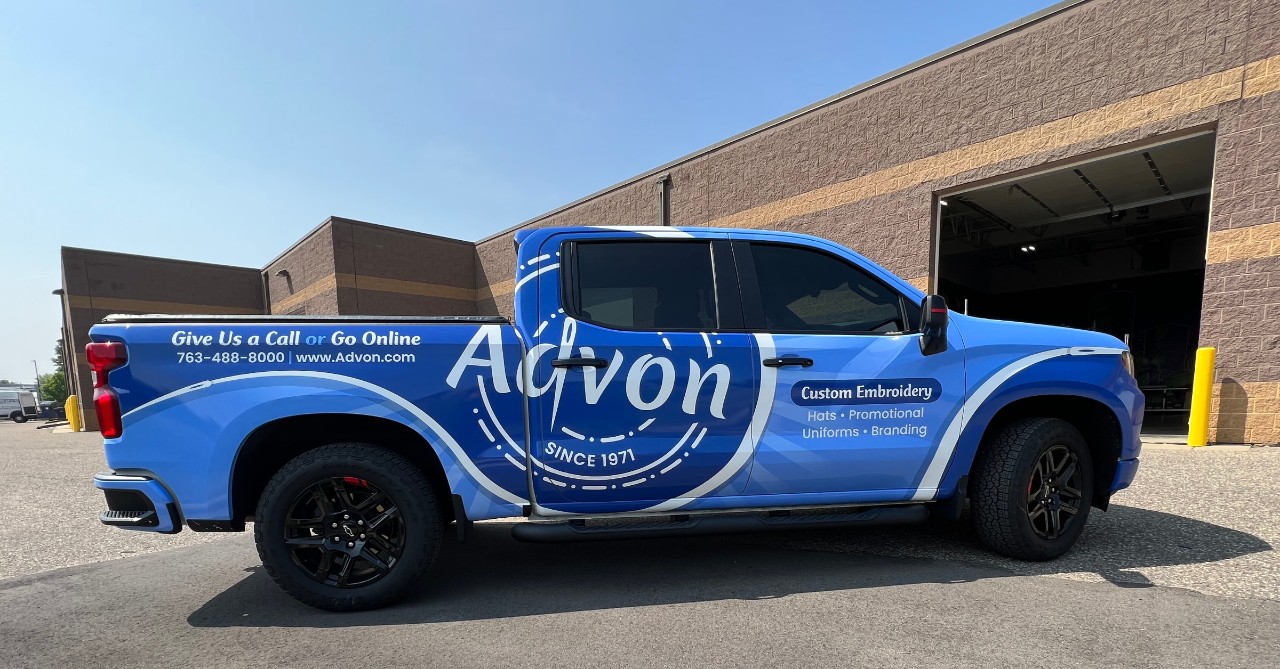
If you are interested in learning more about color change wrap installation from Blake Madsen, consider signing up for one of our training courses. For more information about color change wraps as an option for your car, to review Avery Dennison portfolio offerings and to find an installer near you, visit graphics.averydennison.com/swf
More about Blake: Blake Madsen is an accomplished professional in the wrap and graphics industry, with nearly 20 years of experience in the field. He began his career in 2006, working in sign and print shops mastering the art of vehicle wraps. Blake's passion for his craft led him to compete in numerous wrap competitions, where he consistently placed at the top of his class. Blake's expertise and dedication to his craft have earned him numerous accolades including seven (7) industry certifications including becoming Avery Dennison certified in 2016. A year later in 2017, Blake founded his company Brand Command, which specializes in commercial vehicle branding.
By Matthan Evans - Aug 07, 2024